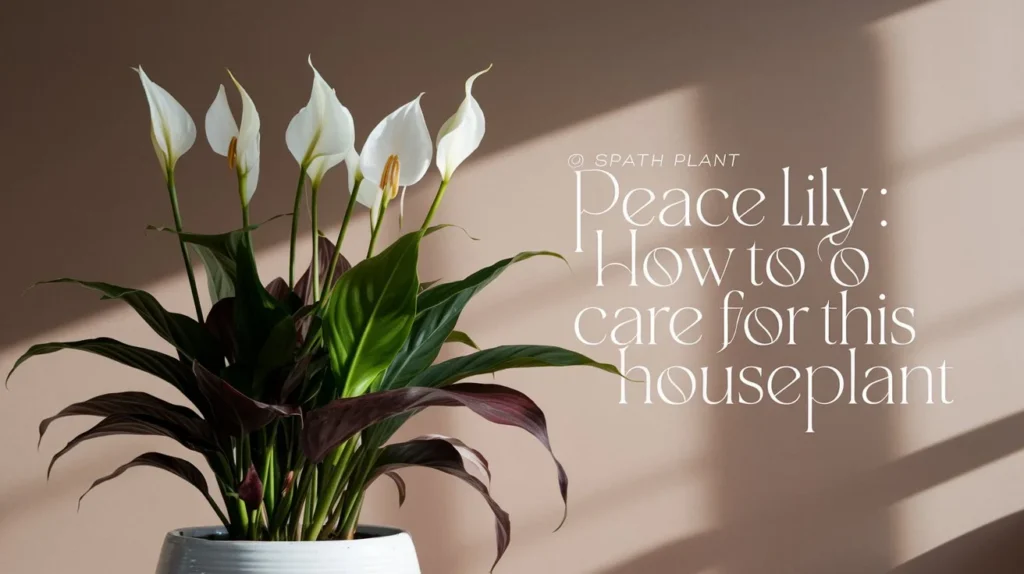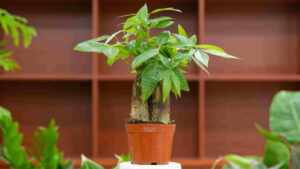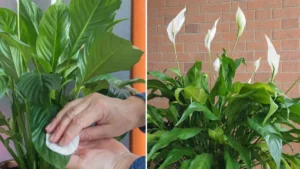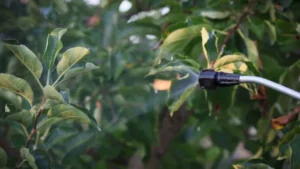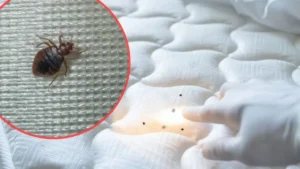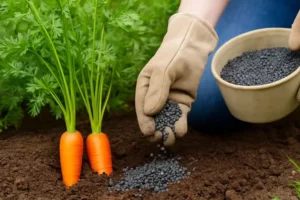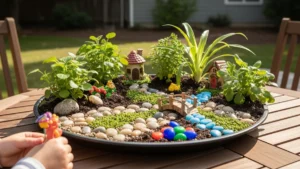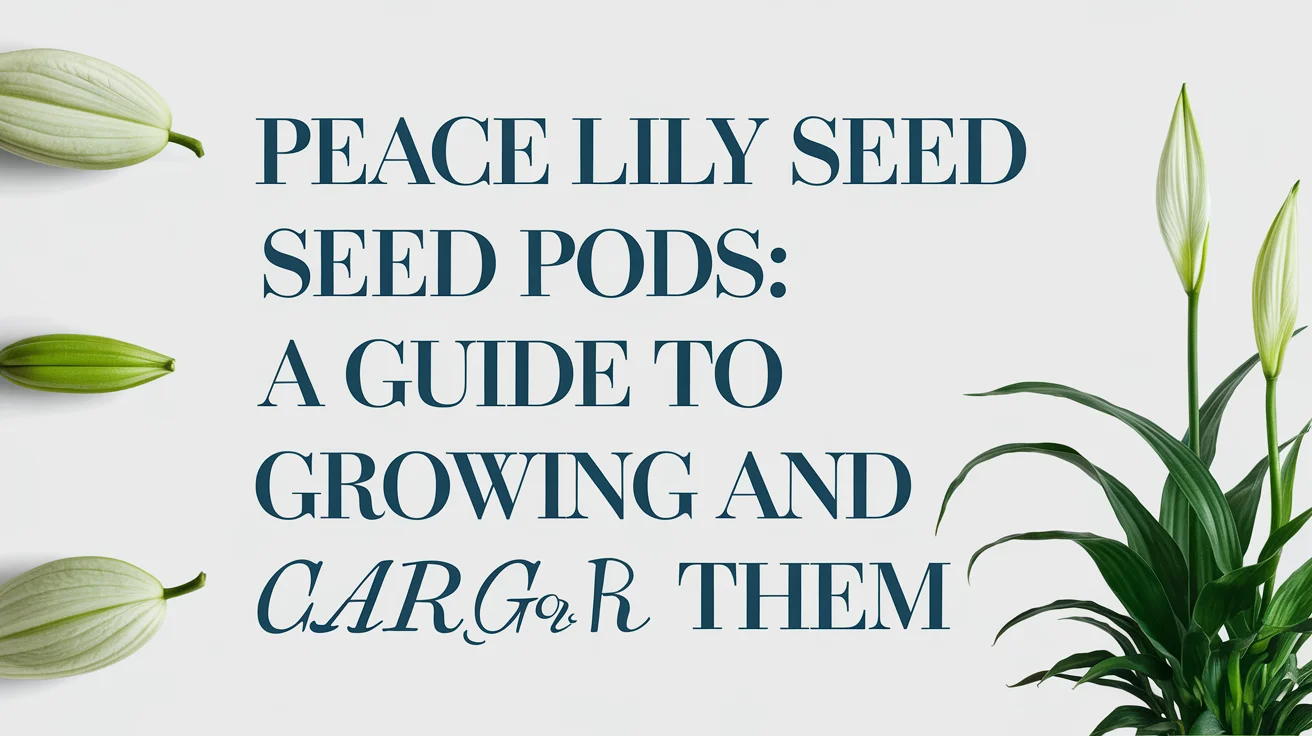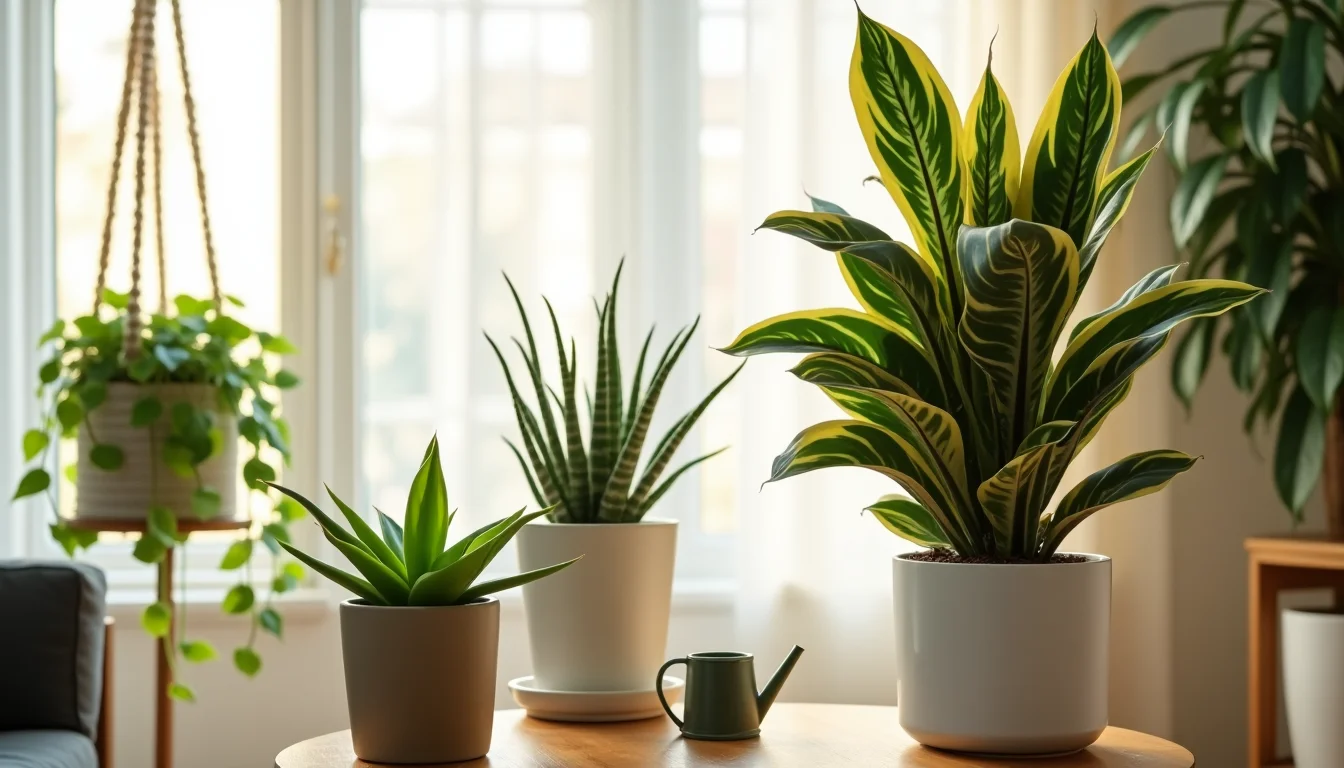Houseplant lovers adore the peace lily (Spathiphyllum). Its white flowers and green leaves are beautiful. It is also called a peace lily. It is pretty and cleans the air. This article covers all you need to know about the Spath plant, or peace lily. It includes care tips, its benefits, and how to make it last for a few years.
The Custodians of Nature: Introduction to the Spath Plant Peace Lily 🌿🪴
The Spath plant peace lily, is a pot-flooding plant. It is native to South and Central America. It is not in the Orthosiphon family, the other popular houseplants. The peace lily’s most admired feature is its large cream spathes. They are not flowers, but modified leaves that enclose small flowers. The Spath plant, or peace lily, is popular in apartments and offices. It needs very little attention. It can thrive without proper lighting.
Though it’s common to grow the Spath plant, the peace lily, with little effort, it’s important to learn its specific needs for long-term growth.
Spath Plant Peace Lily Care 🌿🧑🌾
Light requirements ☀️🌤️
Perhaps the best benefit of the Spath plant peace lily is that it does not require a lot of light. It meets most of its lighting needs with indirect sunlight. So, it can light rooms that aren’t well-lit naturally. On the downside, direct sunlight may scorch leaves and brown their tips. To grow the peace lily indoors, do this: Put it in a room with bright, indirect sunlight.
Watering 💧🪴
The Spath plant, or peace lily, is a houseplant. It prefers moist, well-drained soil and is prone to overwatering. The general expectation is that if less than one inch of the top soaking dirt of the plant is dry, then it is time to water. This is often a mistake. These plants droop their leaves to warn you to water them. Their leaves usually perk up a few minutes after watering. Use a pot with holes at the bottom. This will prevent excess moisture, which can cause root rot.
Humidity and Temperature 🌡️💧
The Spath plant, a peace lily, is a tropical plant. It needs warm, humid, and moist conditions. For example, in the summer months, aim for 65–85°F (18–29°C), and humidity levels are sufficient. To increase humidity in hot, dry weather, place a tray of water next to the plant or use a humidifier.
Soil and Fertilization 🌿🍃
A well-draining, nutrient-rich potting mix is vital for the Spath plant (peace lily). House potting soil or commercial tropical plant potting soil can be utilized. Fertilize the peace lily every 6-8 weeks during the growing season, spring, and summer. Use a balanced, water-soluble fertilizer. Avoid over-fertilization. It can harm the plant by accumulating nutrients.
The Spath Plant, also known as a Peace Lily, has air-cleaning benefits. 🌿🍃
The spath plant (peace lily) has great beauty. It is also one of the best air-purifying plants. The information mentioned is due to the presence of a research article by NASA. These plants could also remove toxins, like benzene and formaldehyde, from the room. This means the peace lily is more than a pot or a decoration. It also helps indoors by making the air less polluted.
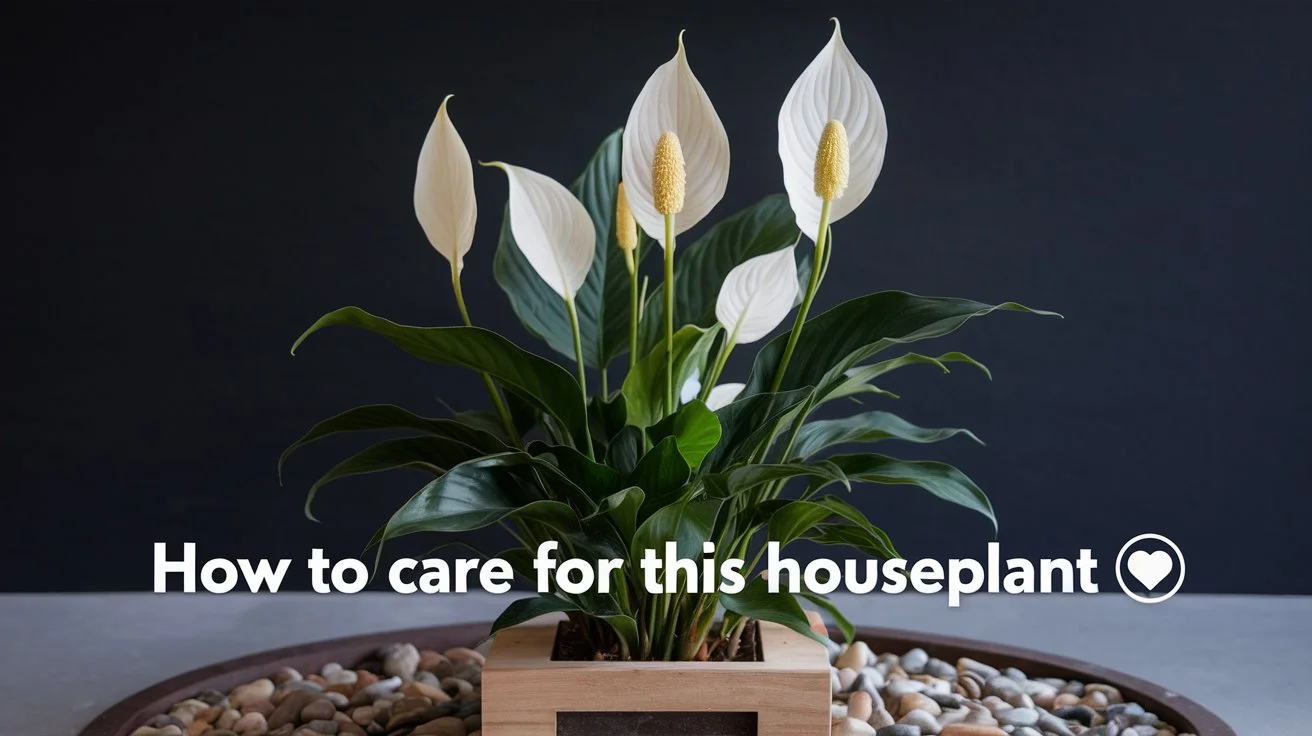
Troubleshooting the Peace lily Plan Spath 🌿🛠️
Like any houseplant, the Spath plant peace lily is durable. But it is not a miracle worker. Some people have issues with it. Below are a few issues one might come across when using the peace lily, with tips on how to solve them:
A farmer with yellow leaves. 🍃⚠️
Yellowing leaves usually mean waterlogging or poor drainage. If the potting mixture is too wet for too long, the plant roots get little air. This causes the leaves to yellow. In order to remedy this, first examine the moisture content of the soil and have a pot with enough drainage. If it is high, try to cut down on the amount of watering needed.
Brown Leaf Tips 🍂⚠️
Brown tips on the leaves are common with the Spath plant (or peace lily). They are often due to low humidity, underwatering, or using tap water with chemicals. To keep this problem at bay, try using distilled or filtered water and adding humidity to the plant.
Drooping Leaves 🍃🌾
The Spath plant, or peace lily, has one flaw. When it needs water, its stalks reveal the baby leaves. Where the soil is dry and the plant is wilting, a good soak should invigorate the plant. If the leaves are still droopy despite the rewetters, they may have rotting roots. A change of soil should fix things.
Repotting the Spath Plant Peace Lily 🌱🪴
Repotting the peace lily is vital for its health. It helps with the change in environment. With time, the peace lily may become root-bound in the pot, hence restricting growth. For the peace lilies, change the pot every one or two years. Only increase its size by about one or two inches. Repotting lets the outdoor roots grow. It gives the plants fertile soil.
Pros of Keeping a Spath Plant (Peace Lily) 🌿🌟
The spath plant, peace lily, is more than just pretty. Now let’s consider why this plant is a good addition to indoor spaces:
Improves Air Quality: Peace lilies improve indoor air quality by removing toxins.
Easy Care: One of the easiest, if not the easiest, house plans to look after; so it is an ideal option for starters.
Decorative Features: The white spathes and rich green leaves grace any room.
Does Not Contribute to Poor Indoor Air Quality: The plant is harmful to pets if consumed. But it does not compromise air quality, as it does not give off volatile substances.

Conclusion: 🌿💚
The Spath plant, or peace lily, is very useful. It is healthy and low-maintenance. It has many indoor benefits. Besides its air-cleaning features, the peace lily is beautiful. It enhances its surroundings. With proper care, this amazing plant can thrive for years.
If you’ve been an indoor gardener for a while or you are hoping to become one, the Spath plant peace lily brings both beauty and health and is therefore among the best in the indoor plant category.

